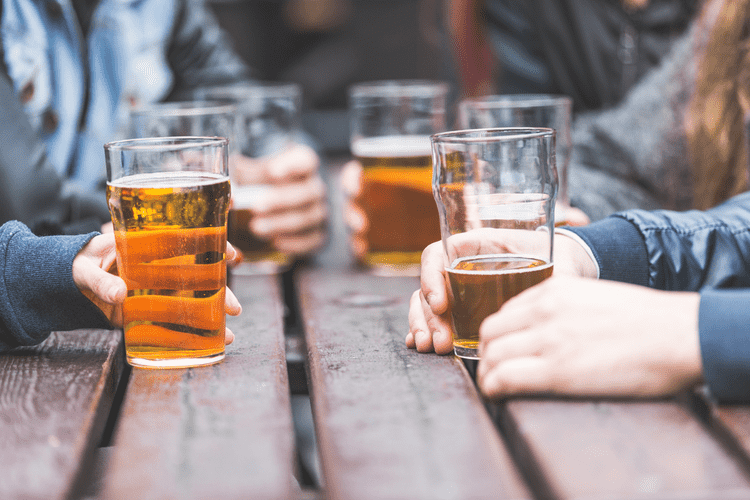Focusing on relationship recovery intentionally throughout addiction recovery can improve quality of life, which will bolster addiction recovery efforts. Struggling with addiction can also lower motivation and cause depression, anxiety, and fatigue. These symptoms can make someone seem unreliable, irresponsible, or uncaring. These changes can damage the sense of closeness in relationships. During times of active substance abuse, there are usually fewer positive interactions with loved ones.
Wondering if an addicted person will ever love you again can be tough. It’s normal to feel insecure, but it’s important to remember that negative emotions won’t help you make progress. Still, when we have meaningful relationships to hold onto, it can make all the difference. These connections don’t just enrich our own lives, but they also spread their positive influence onto those around us. With dedication, expert guidance, and practical approaches, it’s possible to overcome unhealthy habits, repair any harm, and rebuild the crucial building blocks of your relationships. Substance abuse involves the harmful use of drugs and alcohol.
Navigating Past Hurt and Trust Issues
It’s essential to address and heal from past traumas through therapy, support groups, or counseling. Open communication about fears and concerns with our loved ones can help rebuild trust gradually. Many people in early recovery have a difficult time with relationships with other people. Because of their addiction to drugs or alcohol, their lives often revolved around toxic relationships (which we will talk about in just a moment). Relationships are a necessary component of living one’s best life.
It is built upon a foundation of trust, respect, caring, and kindness. Knowing the qualities of a healthy relationship is the first step to pursuing and developing them in your life. If you don’t know what to look for, you won’t know it when you see it.
Seeking New, Positive Relationships
Here at New Directions for Women, we help women overcome debilitating substance use disorders. No matter the severity of the addiction, our continuum of care is designed to meet the needs of our patients. To speak with an admissions specialist about our programs, contact us today.

This includes how we interact with the world around us, how we approach the very sacred relationship we have with ourselves, and how we communicate with our Higher Power. We get to wake up with ourselves every morning and go to bed with ourselves every night. We live in our own head all day long – which is why we should make it a pleasant place to be!. Having a healthy relationship with ourselves is just as (if not more) important than having heathy relationships with others.
A Journey to Recover Personal Relationships
Naturally, previously, you may have only gravitated towards other substance users. Protecting your recovery means that everything has to change for the better. Perhaps you are in a relationship whereby your partner is used to having to be your caregiver. They may well struggle with your new-found independence and desire to form new friendships. In instances like this, couples counselling or your partner attending Al-Anon or similar for themselves can really help. SMART Recovery also offers a programme for family members and significant others.
You can’t assess where you are in your journey if you have no idea what you want to have in life. You also will not be able to judge whether you’ve been doing a good job or just so-so. Codependency relationships in recovery occurs when one person places the needs and wants of another person above their own and to the detriment of both people. Chat confidentially online with one of our addiction specialists.
These connections may be with fellow recovering individuals, therapists, support groups, or even new friends who share your interests and values. Building new relationships can help fill the void left by past toxic relationships while providing a stable foundation for your new, sober life. Think of someone’s recovery as a garden that flourishes when it receives enough sunshine, water, and nurturing care. https://ecosoberhouse.com/ Similarly, during drug and alcohol rehabilitation, your loved one’s inner gardens thrive when they have healthy relationships to nurture them. These relationships are not just social norms but rather profound sources of support and growth to overcome past behaviors. Recovering from addiction involves not only personal growth but also building healthy relationships that contribute to long-term sobriety.
